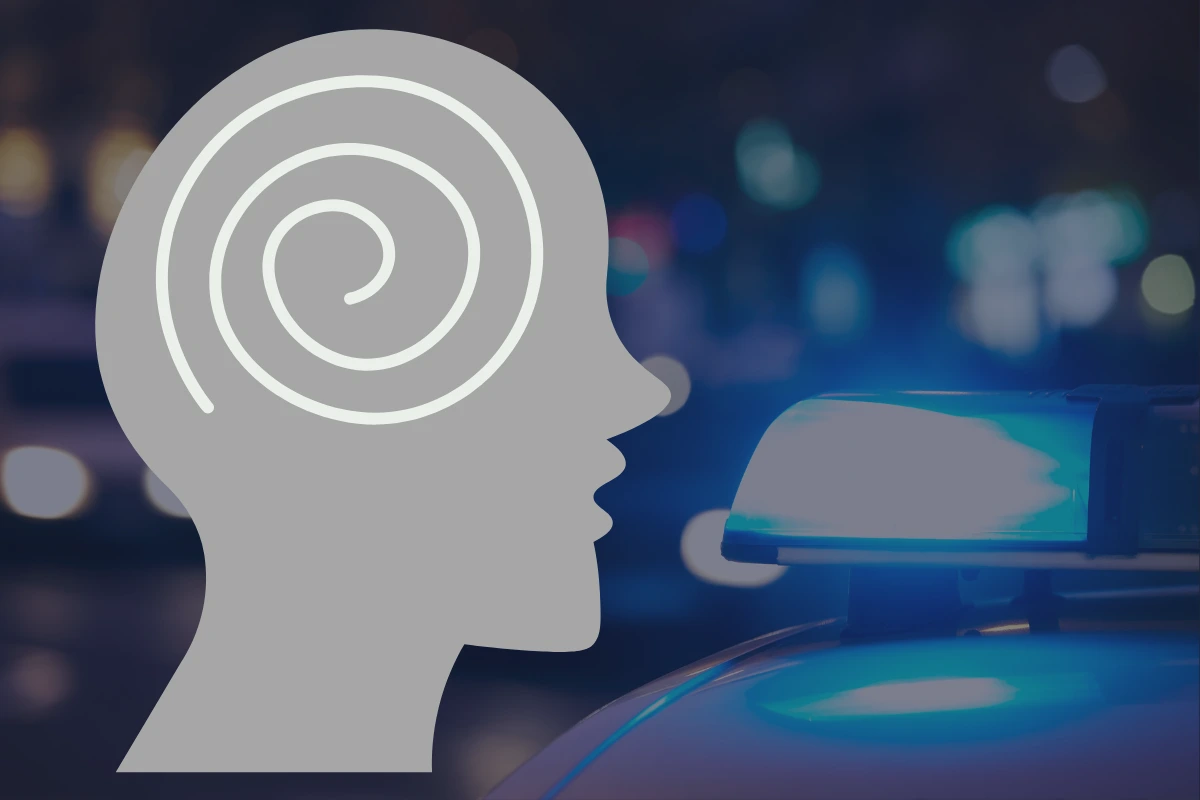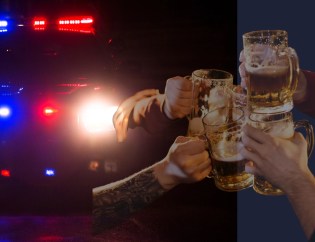
Imagine this: You’re driving, already struggling through a mental health crisis.
Your heart’s racing, your thoughts are scattered, and maybe your hands are shaking.
You need help but instead, you see flashing lights in your rearview mirror. Minutes later, you're in handcuffs, accused of driving while intoxicated. It happens more often than most people realize.
Medical Condition or Drunk?
Medical conditions can often mimic signs of intoxication.
Anxiety attacks, ADHD, and other medical or neurological conditions can cause slurred speech, confusion, unsteady movement, or even difficulty following instructions. To a police officer at the scene, these signs can easily be mistaken for intoxication.
Medical Impairment and DWI
Unfortunately, officers are trained to spot impairment, but they aren’t medical experts. The numbers back it up. In 2023, a UCLA study analyzed 12,000 DUI cases and found that 4.1 % involved individuals with medical conditions that may have been misinterpreted as intoxication.
That means thousands of people were potentially arrested not because of drugs or alcohol, but because of health challenges.
We’ve seen firsthand, clients arrested for DWI when the real issue was something as common as ADHD or anxiety, which impacted their ability to perform field sobriety tests.
Not every DWI is about alcohol or drugs. But without experienced legal representation, your side of the story - and the medical facts behind it - may never come to light.
Accused? We're Here to Help
If you’ve been accused of DWI and believe a medical condition played a role, the right attorney can make all the difference. Our team understands how these cases unfold, and we know how to advocate for you.
DWI specialist attorney Jacob Blizzard, is the only Abilene area attorney who is board-certified in both Criminal Defense and Criminal Appellate law. He is ready to help you navigate what comes next.
Call us today at (325) 326-5962 to get the skilled, compassionate representation you deserve.









